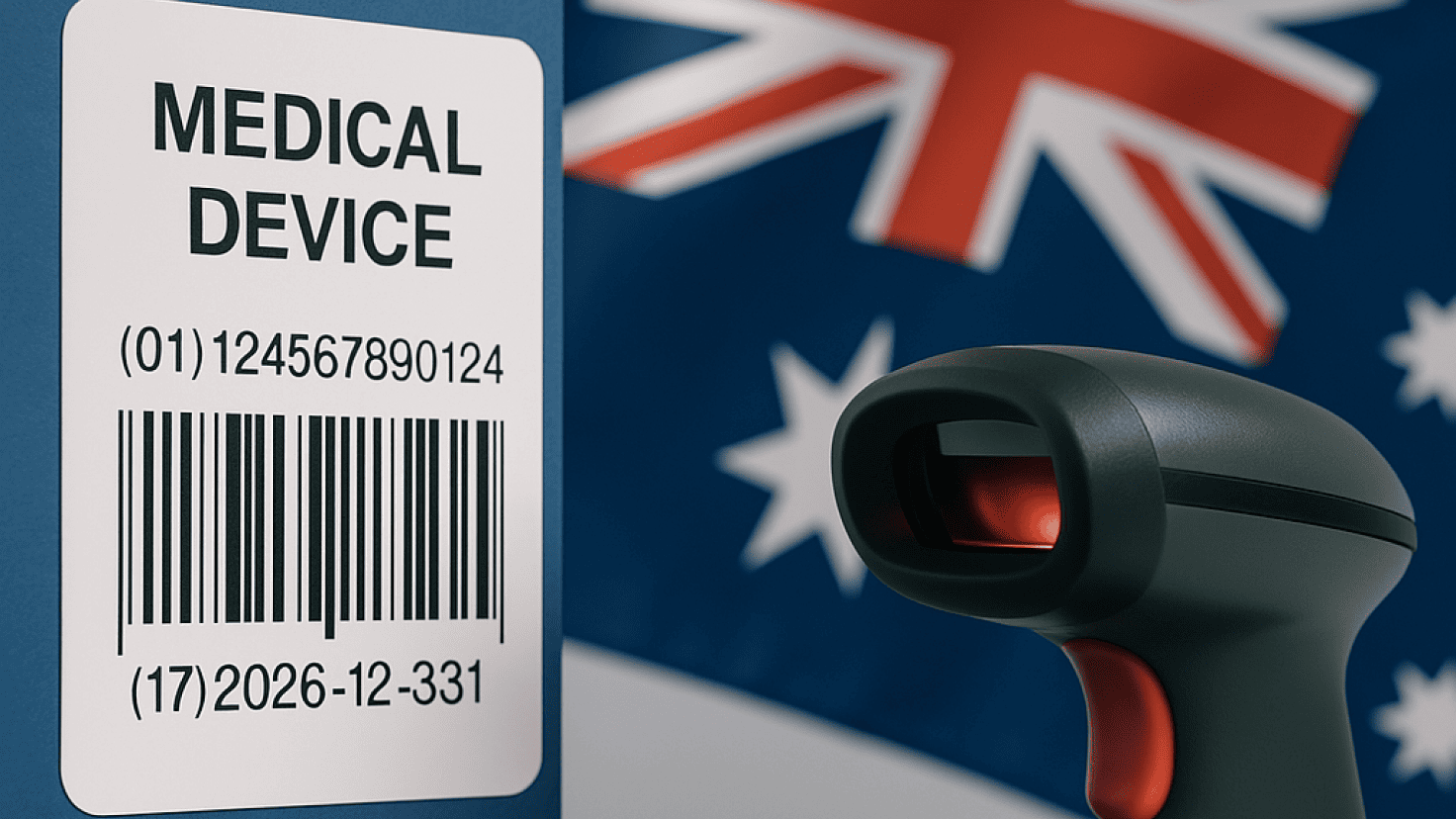The Food and Drug Administration (FDA or the Agency), the US regulating authority in the sphere of healthcare products, has published a revised draft guidance document dedicated to the Q-Submission program introduced to provide medical device manufacturers and other parties involved with the opportunity to obtain substantive feedback from the authority.
Once finalised, the guidance will provide non-binding recommendations and clarifications to be considered by the relevant stakeholders to ensure compliance with respective regulatory requirements.
At the same time, it is essential to mention that FDA guidance documents are non-binding in their legal nature, nor are they intended to introduce new rules or impose new obligations.
Moreover, the authority explicitly states that an alternative approach could be applied, provided such an approach is in line with the existing legal framework. It has been agreed with the authority in advance.
In particular, the guidance provides examples of Pre-Submission (Pre-Sub) questions that medical device manufacturers should consider when seeking feedback from the authority before submitting applications for Investigational Device Exemption (IDE), Clinical Trial Waiver (CW), Investigational New Drug (IND), Accessory Classification Request, or marketing authorizations.
This structured approach aims to clarify the expectations of the FDA and enhance the efficiency of the pre-sub process, ultimately facilitating a smoother pathway towards device approval or clearance.
According to the guidance, Pre-Submission inquiries are essential for clarifying review issues pertinent to forthcoming IDE, CW, IND, Accessory Classification Requests, or marketing submissions.
These questions should be precise, focusing on a limited number of topics to direct both FDA and submitter efforts towards progressing a project efficiently.
General Guidelines for Effective Pre-Sub Questions
To assist the parties involved, the authority provides an overview of the general considerations about the questions to be discussed under the Pre-Submission framework. As explained by the FDA such questions could address, among other things, the following matters:
- Specific Feedback Requests: Questions should seek explicit feedback on a proposed plan, such as the acceptability of an animal model, incorporating rationale for FDA consideration.
- Reference to Guidance and Standards: Inquiries must reference relevant guidance documents and standards and summarize prior discussions with the FDA, ensuring proposals like chemical characterization testing are grounded in established criteria.
- Outcome Articulation: Submitters should clearly state their desired outcome, including specific indications for use or labelling statements, to gain feedback on aspects like clinical study endpoints or device performance claims.
- Timely Submissions: Queries should be presented at strategic points in device development to inform subsequent stages effectively, like before conducting specific tests.
Recommended Questions by Category
The document also contains examples of specific questions to be raised depending on regulatory matters associated with it.
- Regulatory Strategy: Questions should clarify the appropriateness of a predicate device for demonstrating substantial equivalence or the suitability of pursuing a De Novo request without comparable predicate devices.
- Indications for Use/Intended Use: Inquiries may focus on the FDA’s position towards labelling devices as over-the-counter or acceptability of specific definitions and size ranges based on the intended use.
- Clinical Study: Submitters should ask about the adequacy of overseas studies to support future applications or whether revised study designs meet FDA’s expectations.
- Labelling: Questions can address the sufficiency of test plans supporting MR Conditional labelling or the adequacy of cleaning instructions for device re-use.
- Reprocessing, Sterilisation & Shelf Life: Inquiries might include whether proposed sterilisation methods or accelerated ageing tests meet FDA guidelines.
- Non-clinical Bench Performance Testing: Questions should verify the acceptability of proposed worst-case scenario testing or the use of banked specimens to meet study criteria.
- Animal Studies: Submitters are encouraged to confirm whether animal study designs or proposed alternatives adequately address device risks and support marketing applications.
- Biocompatibility: Inquiries may cover whether the most significant model of a device is suitable for worst-case biocompatibility testing or if alternative test methods are acceptable.
- Software/Firmware: Questions could ascertain the level of concern for software, necessary validation for emerging technologies, or the relevance of previously submitted documentation.
- Human Factors: Submitters might seek feedback on human factors test protocols or use-related risk analysis plans.
- Cybersecurity: Inquiries should confirm if identified attack vectors are acceptable or if the cybersecurity management plan suffices for device security.
Conclusion
By the present guidance, the authority emphasizes that effectively framed Pre-Sub questions are critical for guiding FDA and manufacturer efforts toward resolving review issues pertinent to medical device submissions.
Manufacturers can facilitate productive Pre-Sub interactions by focusing on specific feedback, referencing guidance documents, articulating desired outcomes, and timing submissions strategically.
This approach streamlines the review process and aligns development activities with regulatory expectations, enhancing the likelihood of successful device approval or clearance.
Source
How Can RegDesk Help?
RegDesk is an AI-powered Regulatory Information Management System (RIMS) designed to simplify global compliance for medical device companies. With regulatory intelligence covering 120+ markets, RegDesk helps you prepare and publish global submissions, manage standards, conduct impact assessments, and stay ahead of regulatory changes all from a single, centralized platform. Expanding into new markets has never been easier.
 United States
United States 




